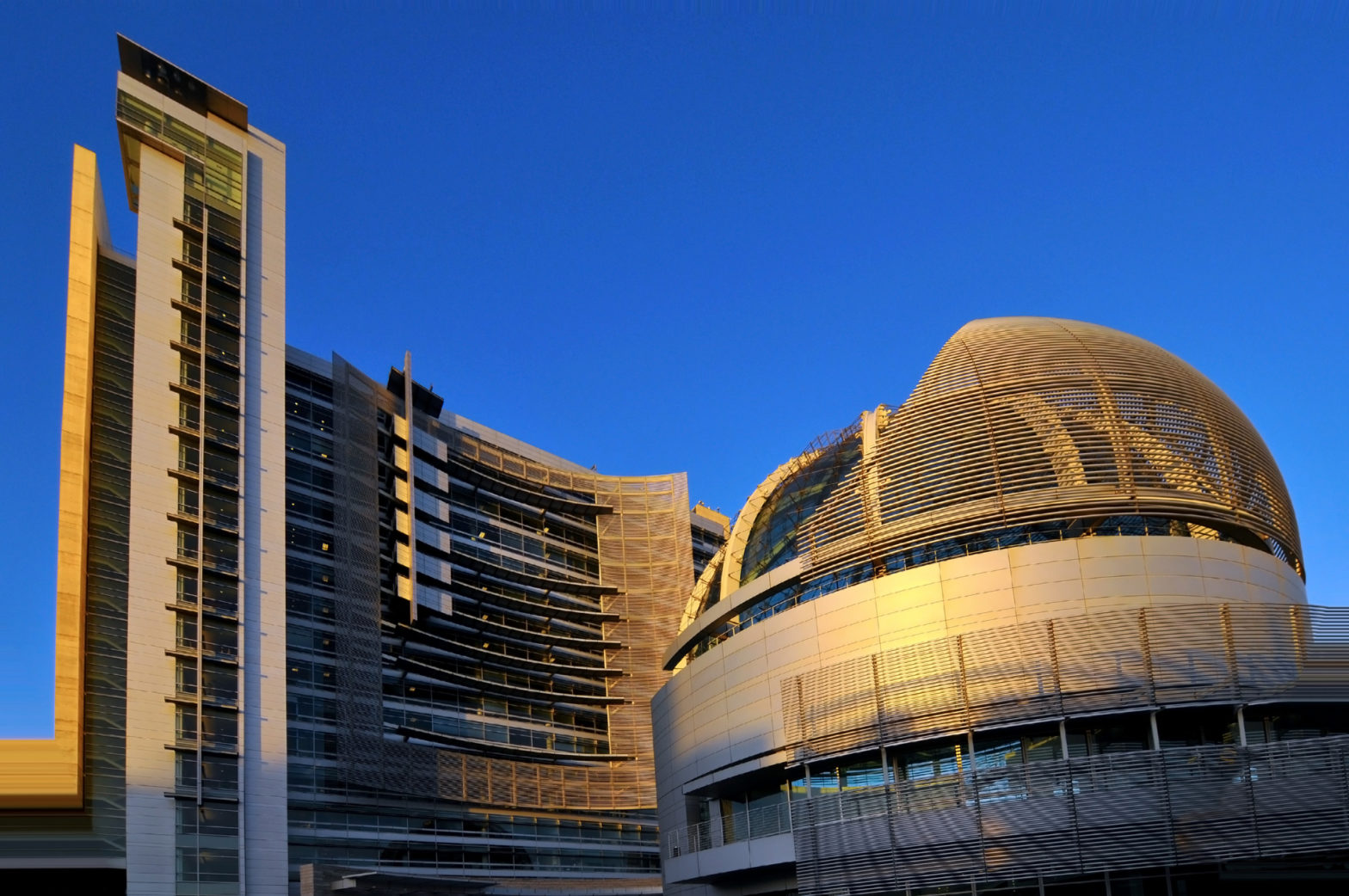
Photo: EFF Photos
Boston City Council votes to ban use of facial recognition technology
29 June 2020
by Sarah Wray
Boston City Council has voted unanimously to pass an ordinance banning the use of facial surveillance technology by its city government agencies, including the police department. The move comes amid a push for broader regulatory oversight of biometric technologies.
Boston is the second-largest city in the US to ban facial recognition after San Francisco, and joins others including Oakland, California and Cambridge, Massachusetts.
Boston does not currently use facial recognition technology, but the ordinance sets parameters to codify this as video analysis software is being upgraded, the City said.
The ordinance, which was sponsored by City Councillors Ricardo Arroyo and Michelle Wu, bans the use of facial surveillance technology by the City of Boston or any official and also prohibits entering into agreements to obtain facial surveillance from third parties.
The latest ban comes amid widespread debate about police reform in the US following the death of George Floyd in police custody in Minneapolis on May 25, as well as broader discussion about surveillance technologies and their impact on individual privacy and civil liberties.
A December 2019 study by the National Institute of Standards and Technology (NIST) found that face recognition algorithms misidentified African-American and Asian faces up to 100 times more frequently than white faces.
“Boston should not use racially discriminatory technology that threatens the privacy and basic rights of our residents,” said Wu. “Community trust is the foundation for public safety and public health.”
Earlier this month, the New York City Council voted to require the NYPD, the US’ largest police department, to disclose all the surveillance technology it uses on the public. In February, Portland, Oregon proposed prohibiting the use of facial recognition technology not only by government agencies but also private businesses in what would be the strictest restrictions to date. Portland’s City Council is due to vote on the measures next month.
Federal oversight
Tech companies have also recently called for clearer legislation on the use of facial recognition technology and some have now stopped or paused selling it. Earlier this month, IBM said it is halting the sale of general-purpose facial recognition products, while Amazon is imposing a one-year suspension on the sale of its Rekognition software to law enforcement. Microsoft does not sell facial recognition systems to US police forces and says it will not do so until legislation is passed governing the use of the technology.
On Thursday, a group of Democratic lawmakers proposed legislation that would impose a moratorium on the use of facial surveillance technology by the federal government.
The Facial Recognition and Biometric Technology Moratorium Act would place a ban on the use of facial recognition technology, as well as systems for voice recognition, gate recognition and “recognition of other immutable physical characteristics” by federal entities, and this could only be lifted by Congress. Although the Act would still allow states and local governments to enact their own laws on biometric technologies, federal grant funding would be tied to them setting their own moratoria.
The Security Industry Association (SIA) trade association has voiced strong opposition to the proposal.
Don Erickson, CEO of SIA, said: “When used effectively and responsibly, facial recognition technology keeps people safe and brings value to our everyday lives. While SIA welcomes a constructive dialogue over the use of facial recognition technology, the Facial Recognition and Biometric Technology Moratorium Act is regrettably not a workable solution to address reasonable concerns about the use of facial recognition. Alternatively, SIA would enthusiastically support legislation that ensures appropriate transparency, procedures and oversight.”
The SIA cited several examples which it said show the value of facial recognition technology, including in investigations related to human trafficking and public safety, as well as border security at airports.







